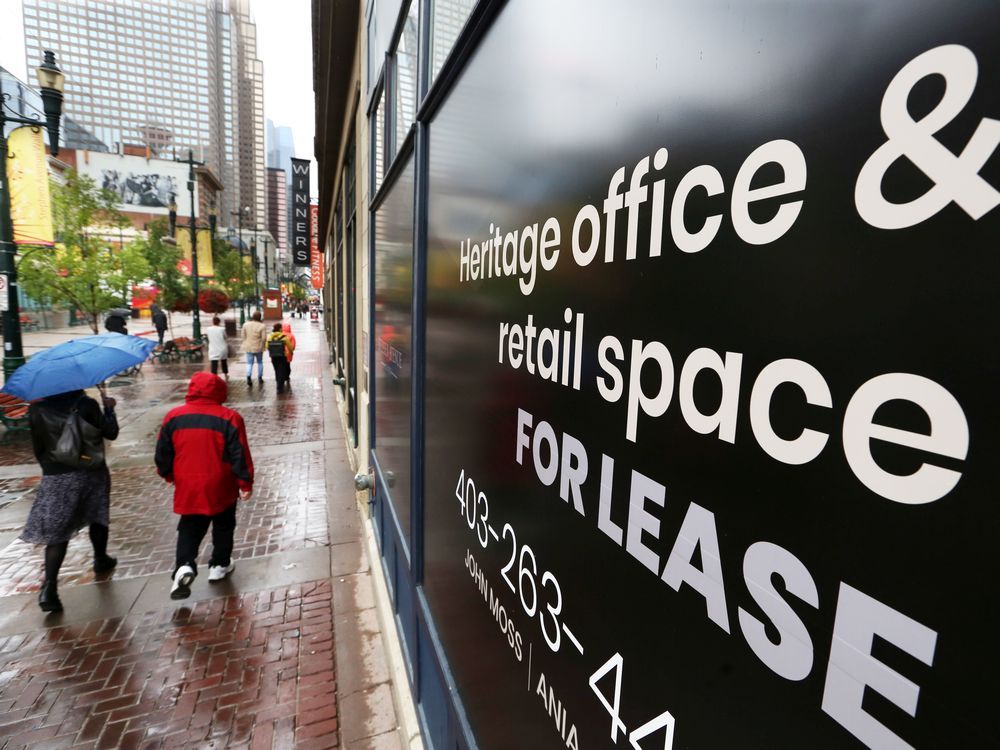Patrick.1980
Active Member
Not good news, but not as bad as some in the media are making it out to be, as most of the jobs will remain here in Canada. As surreaplaces mentioned, over time more jobs and decision making will move south, but only to a point. If the industry picks up again, you can bet that most of the new Encana jobs will be in Canada. If things got really busy I wouldn't be surprised to see them move HQ back.

'A tragedy for Canada': Encana shift to U.S. seen as another blow to morale in Alberta
Encana will shift base to the United States and become Ovintiv Inccalgaryherald.com
This is devastating news to the industry and to Calgary. One of the largest O&G companies in Canada basing itself in the U.S and changing their name to further distance themselves from Canada. The way it is being reported the announcement makes it sound like they are relocating so no doubt there is going to be a lot of confusion and misunderstanding. Despite what the company is saying, you have to think there will be further job losses, more vacant office space, long term. It will also likely impact local suppliers and other feeder companies.
If this does not reverberate all the way to Ottawa and finally get the industry the attention it needs, nothing will. ? ? ?







